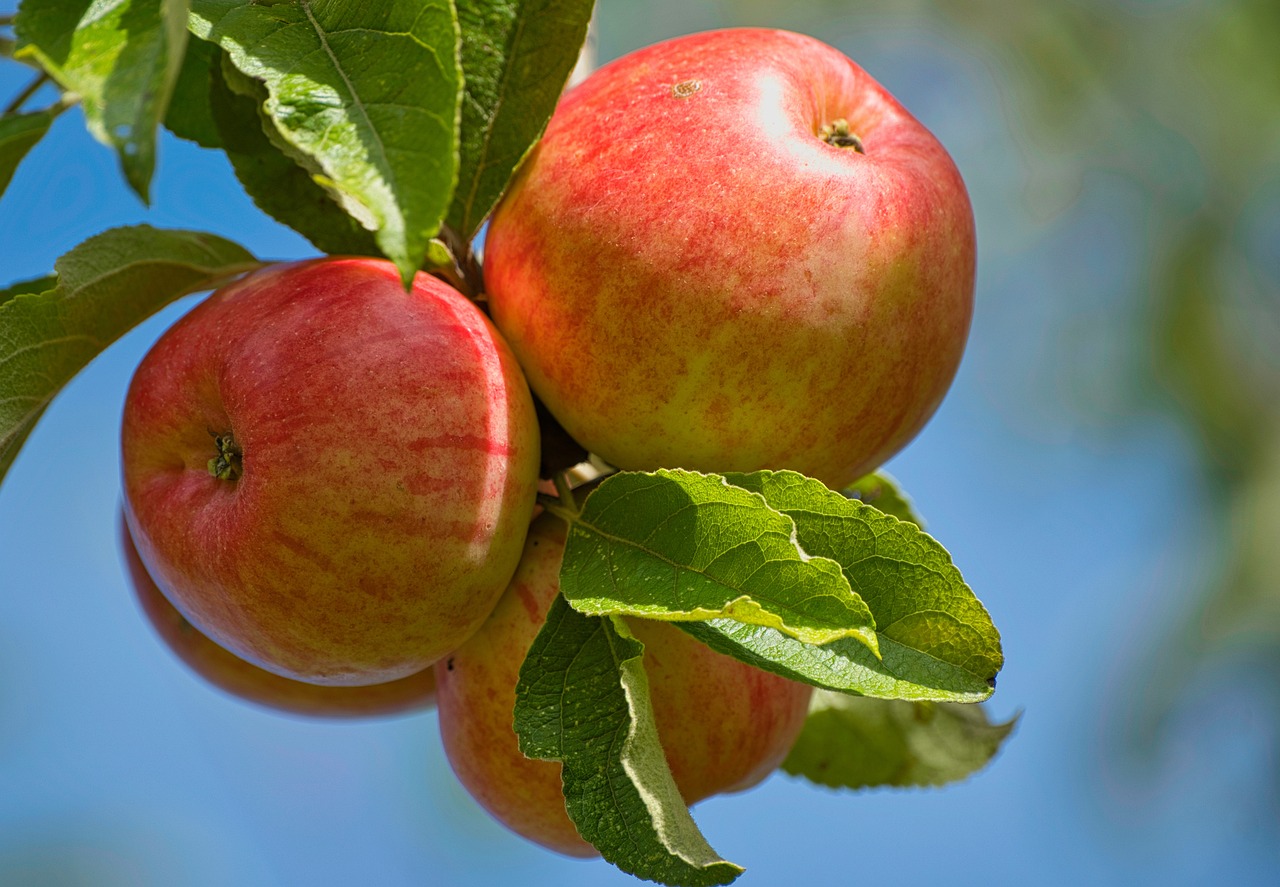
As a dog owner, you might often wonder about the safety and benefits of sharing your favorite snacks with your furry friend. One common question that arises is, “Are apples safe for dogs to eat?” Apples are a popular fruit among humans, known for their delicious taste and numerous health benefits. However, when it comes to feeding apples to dogs, it’s crucial to understand the benefits and potential risks involved. In this article, we will delve into the nutritional advantages of apples for dogs, the possible hazards, how to safely incorporate apples into their diet, and suggest some alternative fruits that are also safe for canine consumption.
Nutritional Benefits of Apples for Dogs
Apples are packed with nutrients that can be highly beneficial for dogs. They are rich in vitamins such as Vitamin A, essential for maintaining healthy skin and coat, and Vitamin C, which can boost the immune system and promote overall health. Apples also contain a good amount of dietary fiber, which aids digestion and helps maintain a healthy weight. Additionally, apples are low in fat and calories, making them an ideal treat for dogs that need to watch their weight. The antioxidants in apples can help reduce inflammation and fight off free radicals, contributing to better health and longevity for your dog.
Explore the 9 Best Apple Treats to Delight Your Dog
Potential Risks of Feeding Apples to Dogs
While apples offer several health benefits, there are also potential risks. One of the primary concerns is the apple seeds, which contain cyanogenic glycosides, a compound that can release cyanide when chewed and ingested. Although a few seeds are unlikely to cause harm, it’s best to remove them to eliminate any risk. The apple core can also pose a choking hazard, especially for small dogs. Another consideration is that some dogs might have allergic reactions to apples, manifesting as itching, swelling, or gastrointestinal upset. Introducing apples slowly into your dog’s diet and monitoring for any adverse reactions is important.
How to Safely Feed Apples to Dogs
To safely feed apples to your dog, follow these guidelines. First, always wash the apple thoroughly to remove any pesticides or chemicals. Next, remove the core and seeds, as these parts can be hazardous. Cut the apple into small, manageable pieces to reduce the risk of choking. You can serve the fresh or slightly frozen apple slices as a refreshing treat on a hot day. Avoid adding sugar, spices, or other additives that could harm dogs. Start with a small amount to see how your dog reacts and gradually increase the portion if no adverse effects are observed. If your dog shows any signs of discomfort, discontinue feeding apples and consult your veterinarian.
Find the Best Fruits & Veggies for Your Dog
Alternatives to Apples for Dogs
Several safe and nutritious options exist if you’re looking for other fruits to add variety to your dog’s diet. Blueberries are an excellent choice, as they are low in calories and antioxidants, which can support your dog’s immune system. Strawberries are another great option, providing vitamins C and B6, fiber, and antioxidants. Watermelon, with its high water content, is perfect for keeping your dog hydrated, but be sure to remove the seeds and rind. Bananas are rich in potassium and can be a sweet treat in moderation. These fruits can provide a range of vitamins and minerals that contribute to your dog’s overall health.
Explore 12 Nutritious Human Foods Safe for Dogs
Final Verdict: Are Apples Safe For Dogs To Eat?
So, are apples safe for dogs to eat? The answer is yes but with some precautions. Apples can be a nutritious and tasty addition to your dog’s diet when given in moderation and prepared correctly. They offer numerous health benefits, including vitamins, fiber, and antioxidants, but it’s important to be aware of the potential risks such as seeds, cores, and allergic reactions. By following the safety guidelines and monitoring your dog’s response, you can safely introduce apples into their diet. Additionally, consider incorporating other safe fruits to ensure a well-rounded and nutritious diet for your furry friend. Always consult your veterinarian before significantly changing your dog’s diet to ensure their health and well-being.






